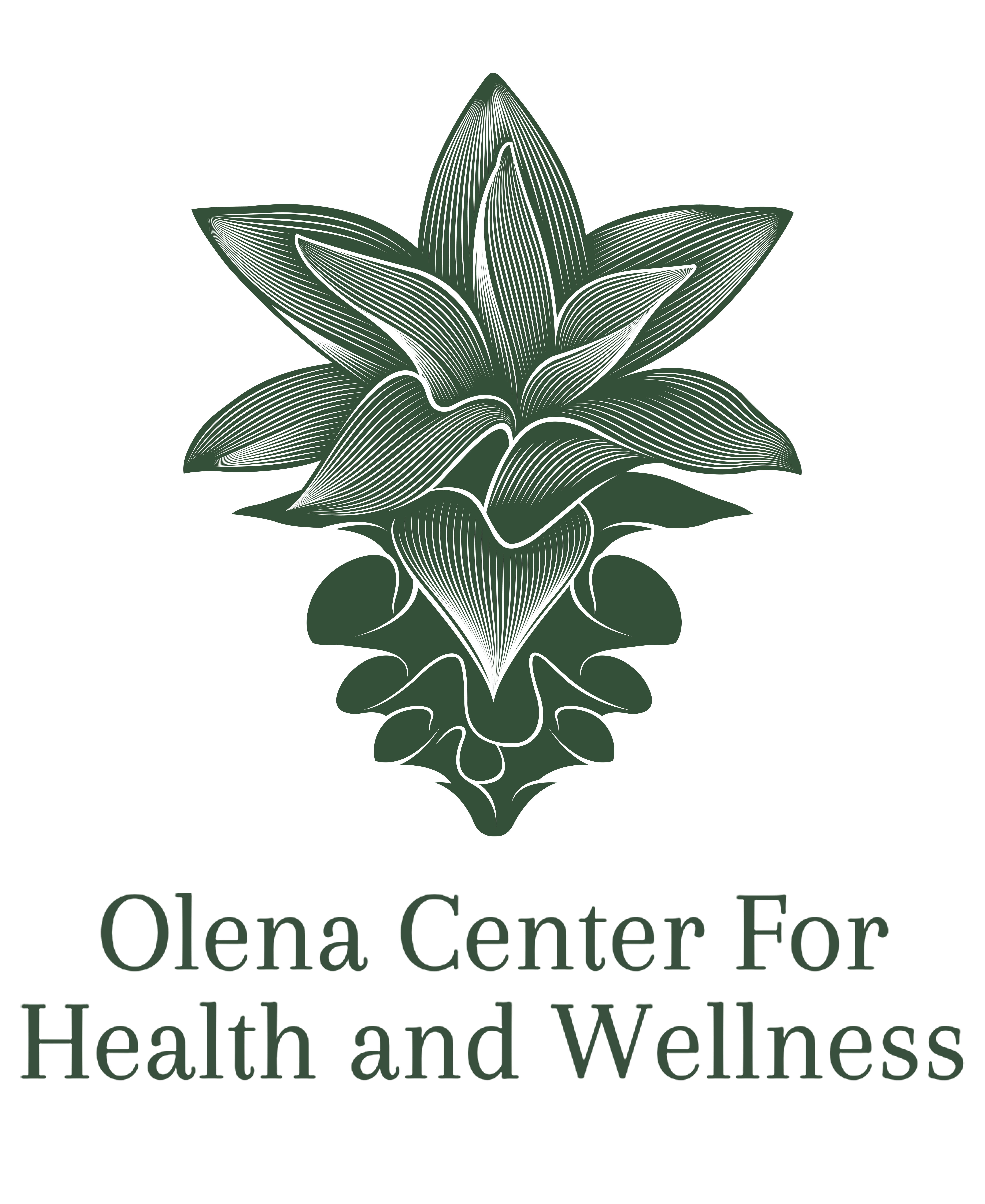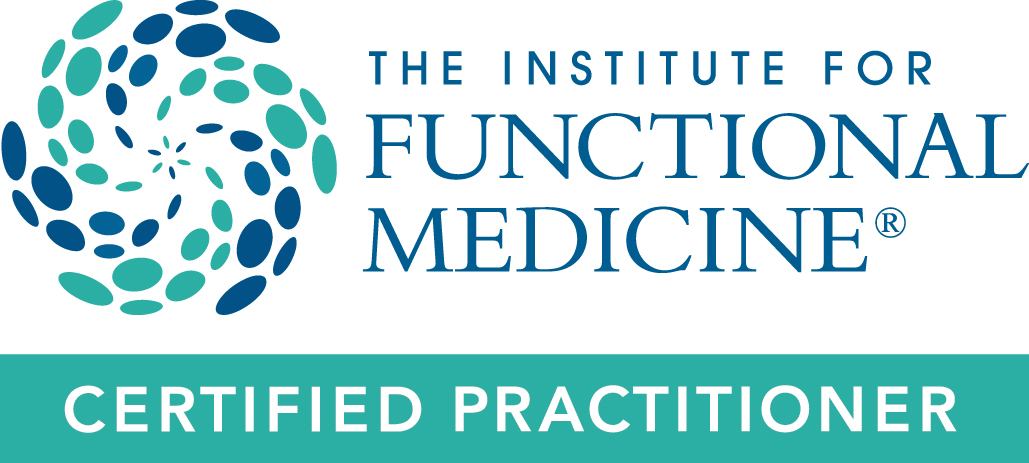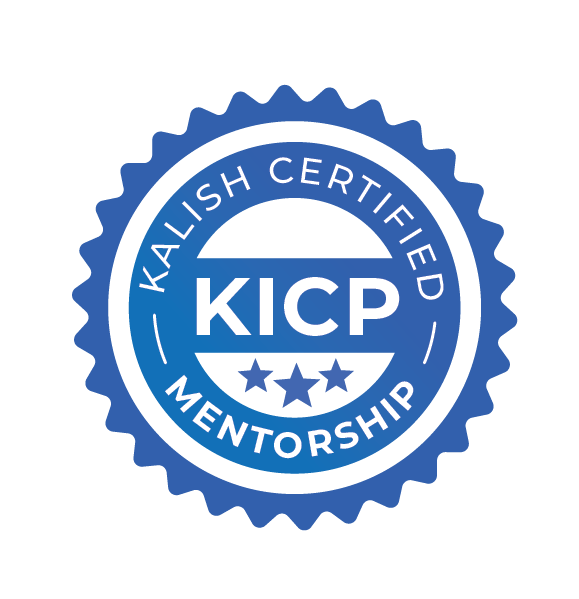Can’t lose weight? Do your joints hurt? Are you feeling tired or low on energy?
Perhaps it is your gut’s fault. More specifically, your gut microbiome’s fault.
What and my what???
Our gut is home to trillions of microorganisms, which we call the microbiome. In the past, we did not pay much attention to these little guys; these “hitchhikers” would only garner attention if we happened to pick up a nasty one who holed us up in the bathroom for days on end.
However, in recent years, there has been an explosion of research, and we are learning just how important our gut microbiome is. You can even read about it in The New York Times!
These commensal organisms are not mere hitchhikers. They help us digest food, process toxins and medications, absorb nutrients, and regulate our metabolism and immune system. Our microbiome has even been found to affect our mood and make us crave sweets! Donuts anyone? Some have even proposed that our gut is our second brain (cue the “Twilight Zone” theme song).
To better understand this community living in our gut, let me make a parallel. Our community has farmers, carpenters, plumbers, nurses, dentists, electricians, etc. Each of these people is important to the proper functioning of society.
Our society would not function well if we had too much of one group. Imagine if all we had were doctors? I cannot speak for my colleagues, but if only a bunch of me were running around, we would be starving and going back to caveman days of using the bushes once the toilets all broke.
In our community, we may also have some bullies and criminals. While undesirable, we could still function well as a community if we had only a few of them; however, things would be pretty chaotic if we had a whole bunch of them.
The same applies to our gut community: we need a diverse group of organisms, each performing its function. We don’t want too many bad actors disrupting things, too many of one type of organism, or too few beneficial microorganisms that support our gut barrier, immune system, and tamp down inflammation.
Unfortunately, many of us do not have a well-balanced gut community, a term called dysbiosis. When this happens, we can get diseases — autoimmunity, obesity, diabetes, etc.
How do I know if I have dysbiosis?
That’s a tough one. Some people have symptoms suggestive of an imbalance — nausea, diarrhea, constipation, and intestinal pain.
However, you don’t necessarily need “gut” symptoms with dysbiosis. Your imbalance of bacteria may show up as weight gain or inflammation in other parts of your body.
As we learn more and more about the microbiome, there are newer tests that can give us a peek into this community. While there is no singular definition of what constitutes “normal,” we know that diversity is a key to healthy gut function.
How do we balance our microbiome?
The health of our microbiome depends on many things.
- The gut microbiome is affected by the health of its host. Just as our surroundings impact our health (i.e., whether we live in a condemned, rat-infested home versus a clean, mold-free home), the microbiome is also affected by the state of its home, our gut. The type, quantity, and location of microorganisms depend on how much stomach acid, bile salts, and pancreatic juices are made and how well our guts move along. Conditions that decrease our digestive juices or slow down our intestines can impact what this community looks like. In turn, a disrupted microbiome can further exacerbate these dysfunctions. Therefore, we want to optimize digestion. We can do this by:
- Mindful and unhurried eating. When we are eating quickly or stressed, our bodies do not make enough digestive enzymes, and our intestines do not move regularly. Stress makes our body think we are running away from a lion; therefore, digestion is not a priority.
- Stopping unnecessary medication that may alter digestion, such as proton pump inhibitors (PPIs). PPIs and other similar medications decrease stomach acid. While some people need these medications, many others are placed and left on these medications without a continued need. You will want to talk with your practitioner if you have any concerns.
- Supplementing with digestive aids. Digestive aids may include bitters, digestive enzymes, or acids. Please also consult your practitioner if you feel this is an issue.
- The gut microbiome is affected by the food that is provided. There is that old saying, “We are what we eat.” What we feed our bodies also feeds our gut microbiome. Think of it like feeding animals at the zoo — each animal eats something different: lions eat meat, seals eat fish, and elephants eat hay. If all you had were steaks, the lions would grow big and fat, but your elephants would get sick. This is the same with our microbiome. You want to provide a variety of food and ideally provide more food to the beneficial microorganisms, who generally like to eat plants and fiber. What I find is that most of my patients are not getting nearly enough plants or fiber. My suggestion is to:
- Aim for at least six servings of plants daily — 1 serving is 1 cup of raw vegetable or ½ cup of cooked. You want to focus primarily on vegetables rather than fruits, which have a higher sugar content. I would advise increasing your fiber slowly; a sudden and dramatic increase may have you tooting all over town (spoken from personal experience…).
- Aim for 15–25 different types of plants a week. Gasp! Yes, I said in a week.
- Aim to get all the colors of the rainbow — red peppers, orange carrots, yellow squash, green kale, blueberries, and purple onions. Make it a game, and have fun with it! My kids like to tally up the colors at our meals!
Want some inspiration or more knowledge? (Disclaimer: I have no vested interest in these recommendations; these are just ones that I like =))
- Deeper dive into gut health: The Mind-Gut Connection by Emeran Mayer MD.
- de Vos WM, Tilg H, Van Hul M, Cani PD. Gut microbiome and health: mechanistic insights. Gut. 2022 May;71(5):1020–1032. doi: 10.1136/gutjnl-2021–326789. Epub 2022 Feb 1. PMID: 35105664; PMCID: PMC8995832.
- Great cookbooks to get you started: The Pegan Diet or The Young Forever books by Dr. Mark Hyman and Genius Foods by Max Lugavere.
For more useful information on functional holistic health, you can visit our FREE video library here.
About the Author:
Dr. Eri Shimizu is a board certified in Internal Medicine Doctor and soon will be certified through the Institutes of Functional Medicine. She earned a Bachelor of Science in Environmental Bioengineering from the University of Hawaii at Manoa and graduated summa cum laude from Creighton University Medical School. She completed her Internal Medicine residency at UCLA and worked at a Los Angeles county hospital. In 2012, she returned to Hawaii and served as a Hospitalist at Maui Memorial Medical Center. Maui is now home with her husband, two children, and a fighting fish named Rainbow.
Schedule a FREE Functional Medicine Health Consult with Dr. Eri.









